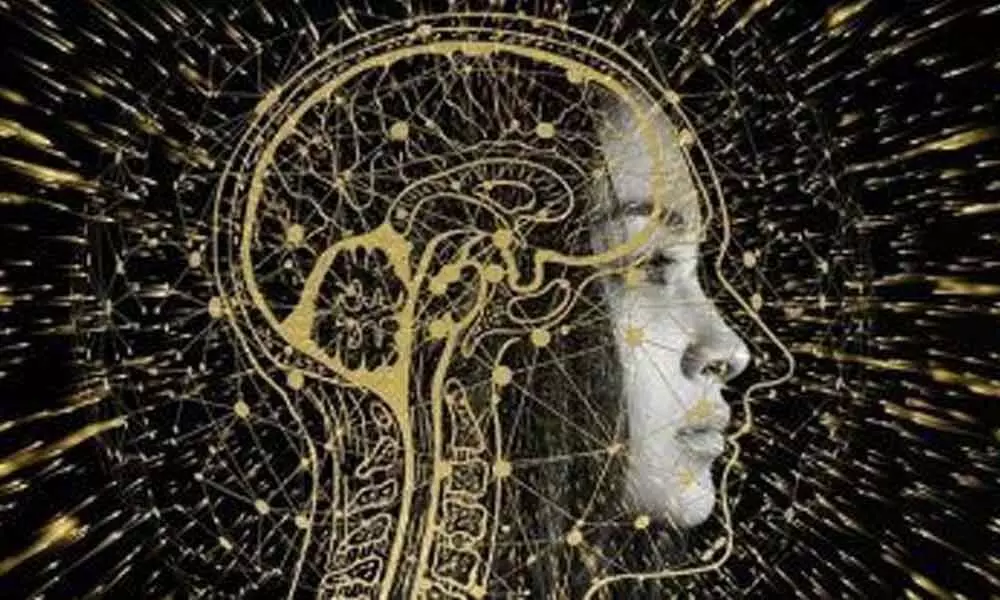Brain process behind revenge-seeking behaviour decoded

Levels of the 'love hormone' oxytocin may increase in people engaged in conflict, and influence the section of the brain associated with decision-making activity, according to a study which sheds more light on the factors that drive people to seek revenge.
Levels of the 'love hormone' oxytocin may increase in people engaged in conflict, and influence the section of the brain associated with decision-making activity, according to a study which sheds more light on the factors that drive people to seek revenge.
The research, published in the journal eLife, noted that increased levels of the hormone leads to a greater feeling of love and empathy among a group, and the desire to seek revenge when attacked by an outside group.
According to the researchers, including those from Peking University in China, the findings may help explain how a process called 'conflict contagion' can occur, where a conflict that starts between a few individuals ends up spreading among entire groups.
"The desire to seek revenge for an attack during conflict is universal among humans, but the neurobiological processes that drive it are still unclear," said Xiaochun Han, lead author of the study from Peking University.
"Building upon previous studies, we suggest there may be a neurobiological mechanism that links pain within a group, known as the 'ingroup', caused by an outside group, or 'outgroup', with the tendency to seek revenge upon the outgroup," Han said.
In the study, the researchers developed an experiment that simulates real-life revenge during conflict between groups.
Based on earlier studies, they said oxytocin is known to play a role in empathy within a group, and in regulating intergroup conflict.
The scientists sought to assess the oxytocin and neural responses to ingroup suffering caused by an outgroup, and to see how these responses predicted a desire for revenge.
As part of the experiment, participants watched an ingroup and an outgroup member receive an electric shock that was caused either mutually - for the 'revenge' group - or respectively by a computer - for the 'control' group.
The scientists then combined a brain imaging technique called functional magnetic resonance imaging (fMRI) with measurements of oxytocin levels in the members of both groups.
According to the study, the conflict encountered by the revenge group was associated with an increased level of oxytocin compared to the control group.
The scientists also noted that these increased levels of oxytocin predicted the brain activity in the medial prefrontal cortex, a region linked to decision-making, and associated with ingroup pain.
They said this activity in turn predicted the desire to seek revenge upon the outgroup -- regardless of whether some of the individuals were directly involved in the conflict.








